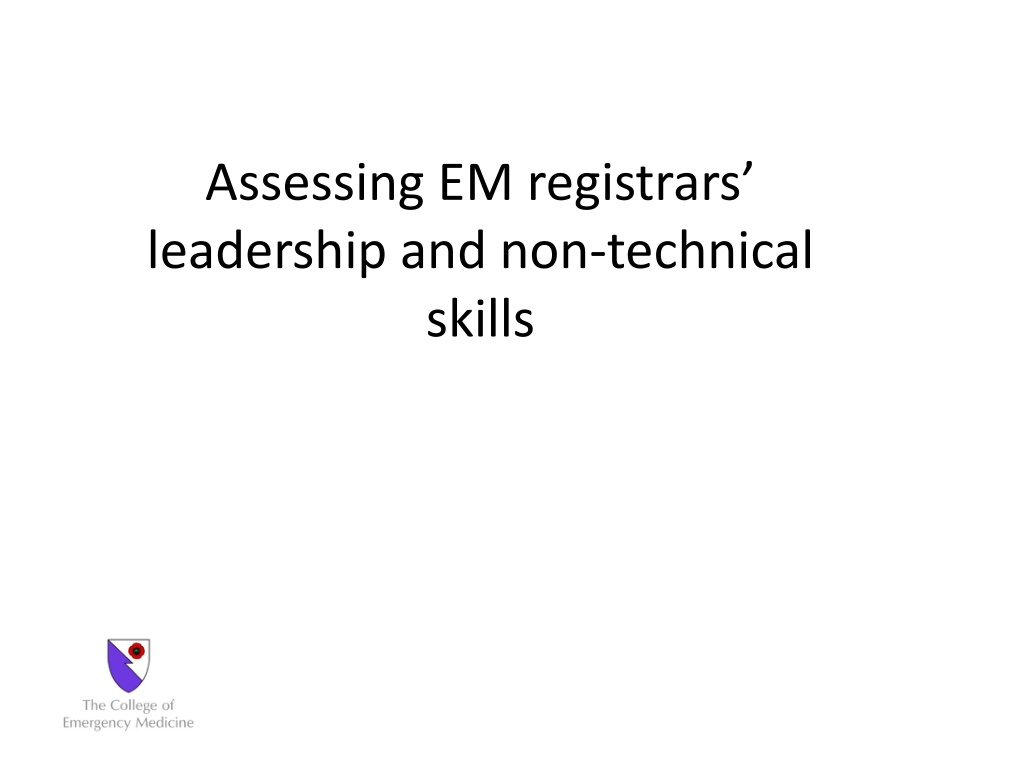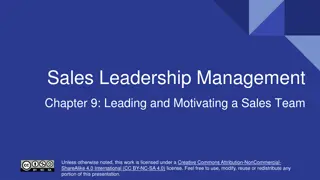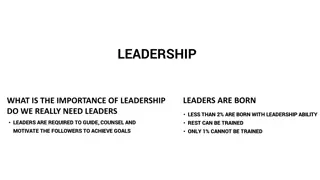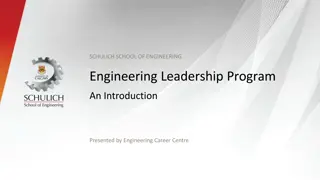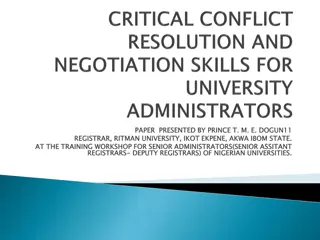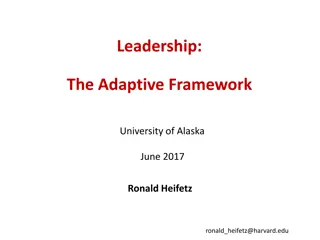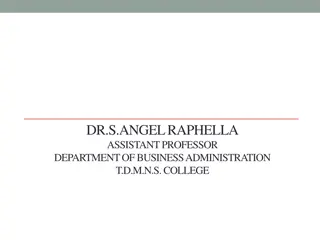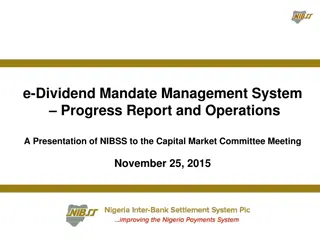Assessing EM Registrars' Leadership Skills
This study delves into evaluating Emergency Medicine registrars' leadership and non-technical skills. It highlights the importance of effective leadership in the medical field, focusing on the unique challenges faced by registrars in this dynamic environment. The research aims to provide insights and recommendations for enhancing leadership capabilities among EM registrars, ultimately improving patient care and overall performance within emergency medical settings.
Download Presentation

Please find below an Image/Link to download the presentation.
The content on the website is provided AS IS for your information and personal use only. It may not be sold, licensed, or shared on other websites without obtaining consent from the author.If you encounter any issues during the download, it is possible that the publisher has removed the file from their server.
You are allowed to download the files provided on this website for personal or commercial use, subject to the condition that they are used lawfully. All files are the property of their respective owners.
The content on the website is provided AS IS for your information and personal use only. It may not be sold, licensed, or shared on other websites without obtaining consent from the author.
E N D
Presentation Transcript
Assessing EM registrars leadership and non-technical skills
Definitions Non-technical skills the cognitive, social and personal resource skills that complement technical skills, and contribute to safe and efficient task performance (Flin, 2003)
Leadership directing and coordinating the activities of others, assessing team performance, assigning tasks, motivating team members and organising and executing management plans Salas (2004)
Why assess? Focus group training efforts Focus individual development Encourages self reflection Assessment drives learning (e.g. motivation) Observational assessment is beneficial for the observer!
The process Behavioural marker system 1. 2. 3. 4. 5. 6. 7. Choose an appropriate time Observe for 45-60 min Fill out assessment form (examples / rating) Reflection Feedback Improvement plan REPEAT
Observation Framework Category Element Maintenance of standards Workload management Supervision and feedback Leadership & Management Team building Exchanging information Authority and assertiveness Teamwork & Cooperation Option generation Selecting and comm. options Outcome review Decision Making Gathering information Anticipating Understanding and comm. Situation Awareness
1. Management & Supervision Maintenance of Standards Subscribes to clinical and safety standards as well as considering performance targets. Monitors compliance. Workload Management Manages own and others workload to avoid both under and over-activity. Includes prioritising, delegating, asking for help and offering assistance. Supervision and Feedback Assesses capabilities and identifies knowledge gaps. Provides opportunities for teaching and constructive feedback.
2. Teamwork & Cooperation Team Building Provides motivation and support for the team. Appears friendly and approachable. Exchanging Information Gives verbal and written information concisely and effectively. Listens, acknowledges receipt of information and clarifies when necessary. Authority & Assertiveness Behaves in an appropriately forceful manner and speaks up when necessary. Resolves conflict effectively and remains calm when under pressure.
3. Decision Making Option Generation Uses all resources (written and verbal) to gather information and generate appropriate options for a given problem or task. Involves team members in the decision making process. Selecting & Communicating Options Considers risks of various options and discusses this with the team. Involves clearly stating decisions and explaining reasons, if necessary. Outcome Review Once a decision has been made, reviews suitability in light of new information or change in circumstances and considers new options. Confirms tasks have been done.
4. Situational Awareness Gathering Information Surveys the environment to pick up cues that may need action as well as requesting reports from others. Anticipating Anticipates potential issues such as staffing or cubicle availability in the department and discusses contingencies. Informing the Team Cross-checks information to ensure it is reliable. Communicates situation to keep team in the picture rather than just expecting action.
The Rating Scale Unacceptable Standard Acceptable Standard Exemplary Standard Several examples of poor behaviour or behaviour that directly compromises patient safety Performance was of a satisfactory standard with mostly good behaviour observed. Standard expected of a competent trainee. Performance was of a consistently high standard. A model for other team members. 1 2 3 4 5 6 7 8 9
Problems with assessment Time consuming Inter-rater reliability Hawthorne effect Bias (halo/ horn effect, leniency, severity) Cognitive processes not observable Cultural barriers within the profession
Pilot Study Assessors It made me reflect on the robustness of follow up on actions taken (D.M - Outcome Review) in my daily practice Made me think about (verbal)medication orders given before prescribed How I get points across and ensure people understood what I wanted
Trainees Very beneficial. Did reflect on my habits. Got some points highlighted which I would never have thought of We (the registrars) are not aware of what we are doing and it is useful for someone to observe and tell us Ask for help, delegate and try not to do things alone
? Hawthorne effect - no evidence may make you nervous and adds more pressure but it s worth it All agreed assessments should be completed by other trainees as well as consultants All agreed it should be implemented more widely ( optional )
